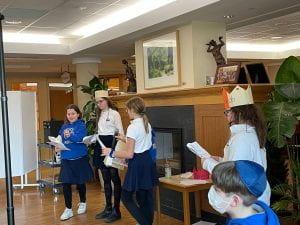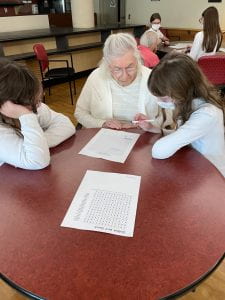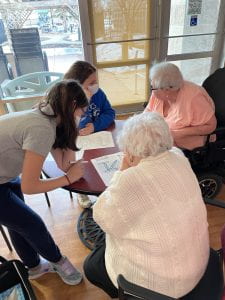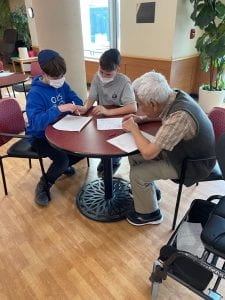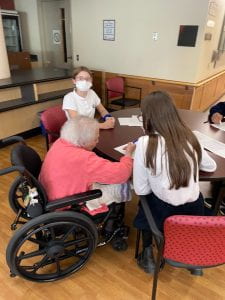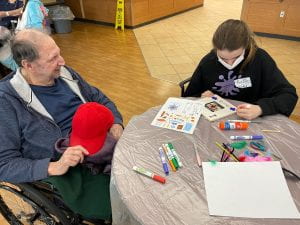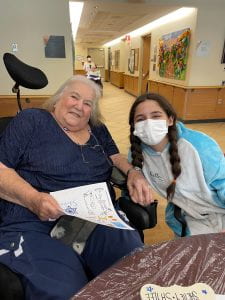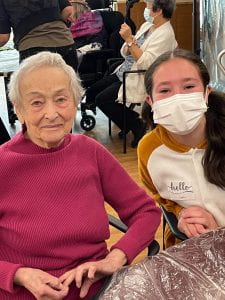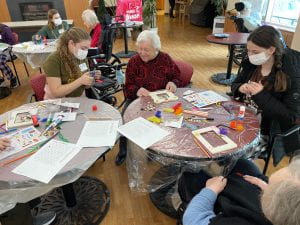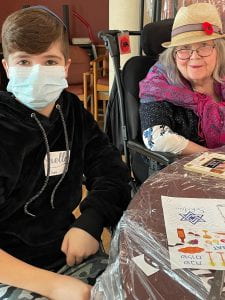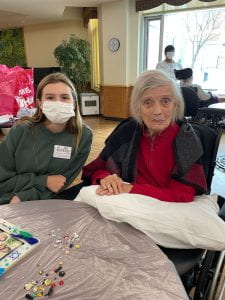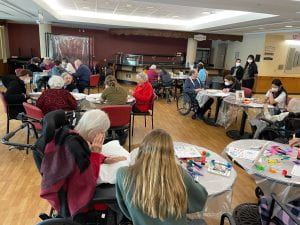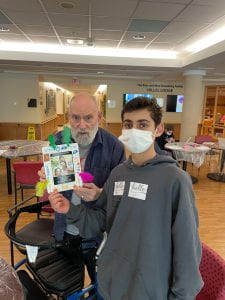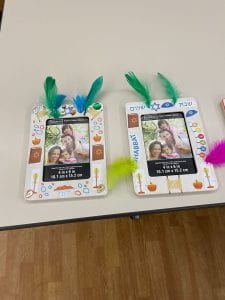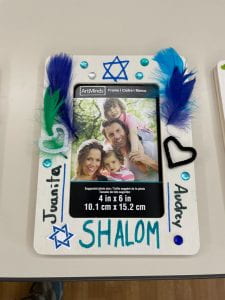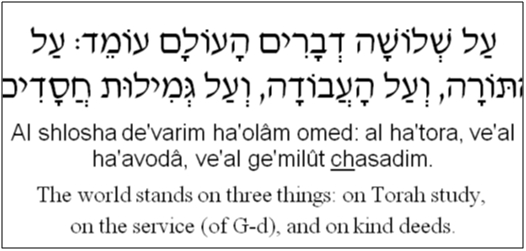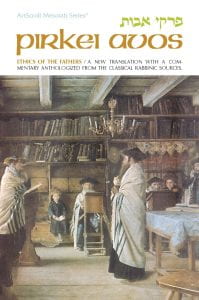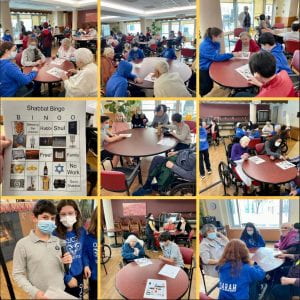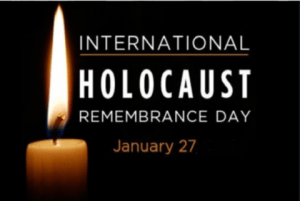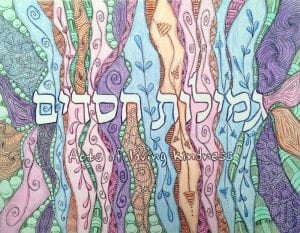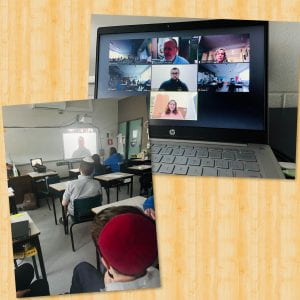As we dive back into the Jewish life cycle students will be working on a Jewish Wedding Webquest! Over the course of the last two weeks, we have begun to analyze the various traditions and practices associated with the Jewish wedding.
Jewish Wedding Webquest Assignment
This assignment provides students with 11 response questions. Students will need to click and read the link above the question in order to find the answer. Please do not simply search for these answers on random internet sites. I will be looking for specific information from the articles/videos associated with each question. Your responses should be written in complete sentences. Be sure to read over the instructions prior to starting the assignment.
Due: Tuesday, May 9th
